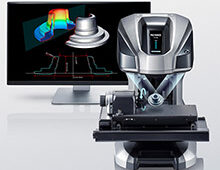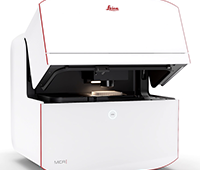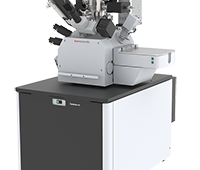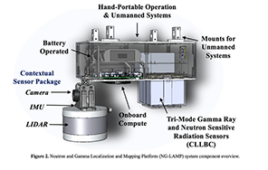NASA says it will try to fix its space telescope that hunts for planets outside our solar system.
Recovery efforts to save the $600 million mission began Thursday and will last for a week. Mission managers won’t know until later this month at the earliest whether the Kepler spacecraft will ever search for Earth-like planets again.
Two months ago, Kepler lost the second of four wheels that control its position in space. It needs three working wheels, and engineers plan to send commands to try to get the broken wheels spinning again.
Since launching in 2009, Kepler has confirmed 134 planets and spotted more than 3,200 potential ones. If Kepler can’t be revived, scientists have said they still have years of observations to pore through.




